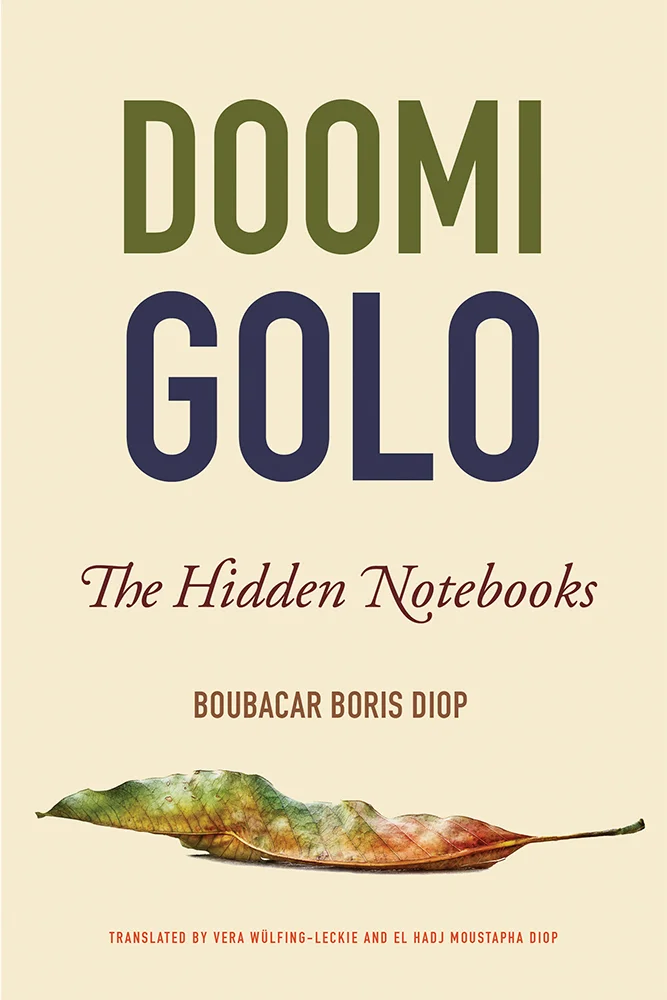Algeria: Dispute over a Very Italian Piglet (Amara Lakhous, trans. Ann Goldstein)
Dispute over a Very Italian Piglet was published in 2014 by Europa Editions, a wonderful independent publisher founded by two Italians, and perhaps most recognizable for publishing the work of Elena Ferrante. While not everything they publish is a translation, the are a great resource for world literature.
Background: Part of the Roman Empire for a few centuries (Saint Augustine was Algerian!), the Vandals arrived by 429, although they did not make very many settlements. In the mid-7th century, the Umayyad Caliphate conquered Algeria, and many people converted to Islam. Throughout the Middle Ages, Algeria was an intellectual center of the Arab world, and a number of Islamic dynasties came into being including the Fatimid Caliphate which ruled over a large swath of North Africa, as well as other parts of the Middle East and Sicily. At the same time, the Amazigh tribe remained somewhat independent, its own dynasties emerging. By the early 16th century, Spain began to take control. A note: Algeria is really complicated; there were a lot of tribes, a lot of different Islamic strains, and European influence. This is a super light introduction. Between 1516 and 1830, the Ottomans took power, although Barbary pirates, military coups, and autonomous tribal states kept them on their toes. In 1830, the French invaded (violently), and by 1872 the indigenous Algerian population had been reduced by one third as tens of thousands of French people moved there. Increased unhappiness in the native population resulted in an uprising against the French in May 1945, which was violently suppressed. Tensions again came to a head in 1954 which began the Algerian War, ending up with around 700,000 Algerian casualties and complete independence in March of 1962. Until 1991, many French left Algeria, as racial tensions continued to mount. Algeria became dependent on oil at the same time as the government tried become more socialist. In December of 1991, the Islamic Salvation Front began to win many legislative elections, and, in an effort to stem Islamist government, the elections were cancelled. Civil war began as the Armed Islamic Group violently killed civilians. In 1999, elections were held again (although biased ones), electing President Abdelaziz Bouteflika, who has worked to pardon political prisoners, work on national reconciliation, and build up infrastructure.
Although Amara Lakhous is Algerian and studied at the University of Algeria, he has since moved to Italy, where he completed a PhD at the University 'La Sapeniza" Rome entitled "Living Islam as a Minority," and now lives in New York. This particular novel deals with the mixing of cultures in Turin in Northern Italy. The story centers around Enzo Laganà, a journalist from Turin (although of Southern Italian parentage), who is trying to figure out why there has been a crime wave (Is it the Albanians and Romanians? Is it a new conflict? An old one?). At the same time, Gino, a pig belonging to Enzo's Nigerian neighbor, Joseph, has been brought to the local mosque. Why? The Muslim community is up in arms, the animal rights groups want to rescue Gino. Enzo, crafty man that he is, invents an explanation for the killings (although he is wrong), although he certainly manages to convince others of his version of things. This book is hilarious! Although somewhat serious topics are dealt with (multi-cultural clashes, organized crime in Italy, corruption in the media), Lakhous manages to keep things fairly light-hearted, resulting in more of a satire than anything else. Totally recommended.






